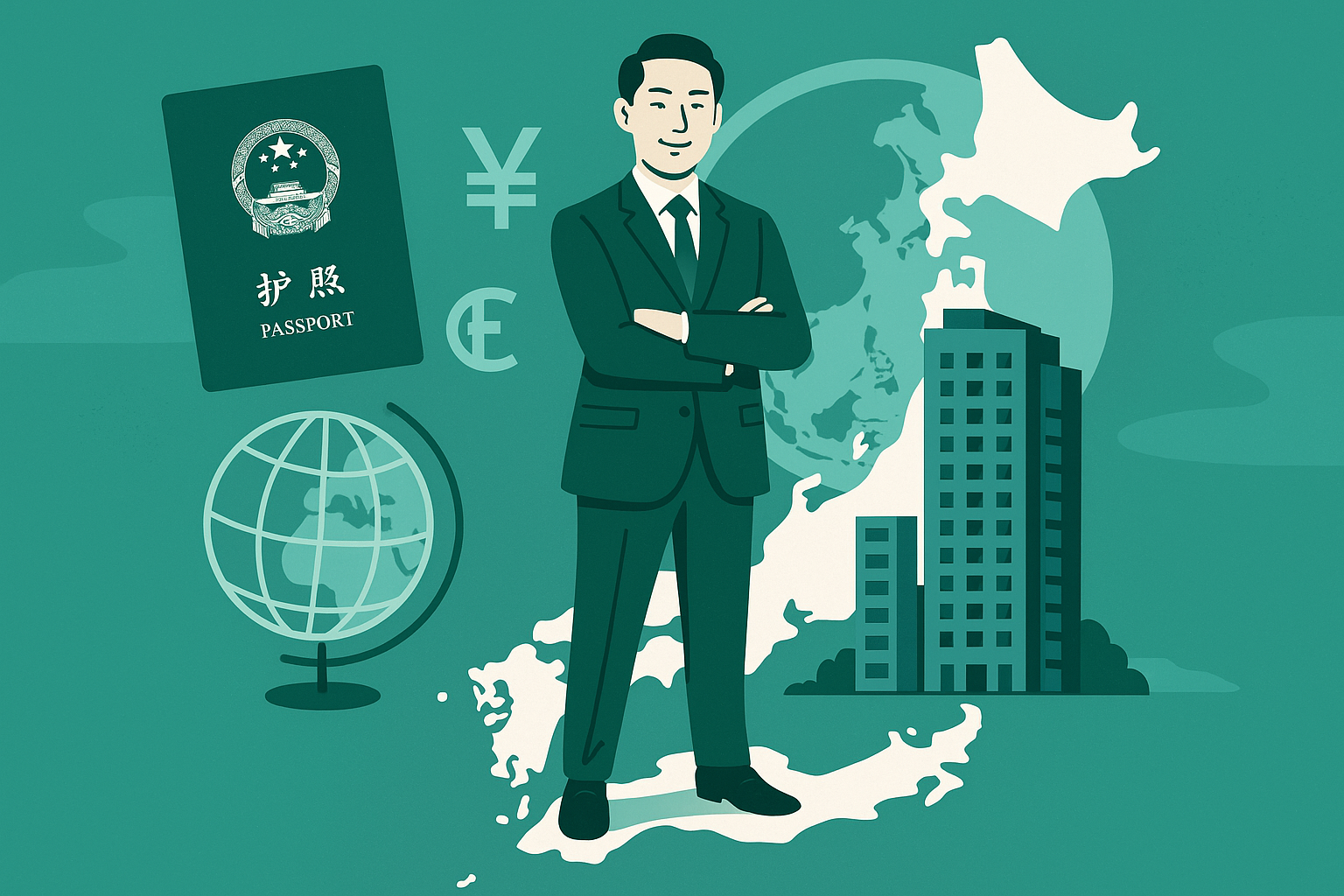— A Quiet, Strategic Move in Global Asset Allocation —
■ Introduction
Real estate is more than a physical asset—it is a strategic tool for wealth preservation, income generation, and social signaling. Among affluent Chinese investors, the acquisition of real estate in Japan has emerged not as a trend, but as a deliberate, multidimensional investment decision.
This report analyzes, from the perspective of a sophisticated investor, why Japan has become a preferred destination for real estate ownership among China’s elite.
■ 1. Japan as a Strategic Wealth Preservation Zone
● A “Hard Shell” Against Systemic Risk
- In China, ongoing government interventions (property market controls, capital restrictions, political instability) are driving wealthy individuals to diversify into secure overseas jurisdictions.
- Japan offers full freehold ownership, clear property rights, and a politically stable environment—making it one of the most accessible and secure investment destinations in the developed world.
- For risk-aware investors, Japanese real estate functions as a safe vault for long-term wealth.
■ 2. The Right Balance of Affordability and Yield
● Pricing Advantage: The Yen as a Lever
- The weak yen (relative to CNY and USD) makes Japanese property look significantly undervalued in the eyes of foreign investors.
- For example, Tokyo and Osaka offer larger, higher-quality units at 20–40% lower prices than comparable units in Shanghai or Shenzhen.
● Cash Flow: Stable Rental Markets
- Unlike many markets, Japan maintains a strong rental infrastructure, with reliable tenant bases and property management systems.
- Investors can expect net rental yields of 4–5%, making these assets not just capital stores, but income-generating engines.
■ 3. Real Estate as a Status Asset
A Symbol of Global Sophistication
- Ownership of real estate in Tokyo, Kyoto, or other prime locations is increasingly seen as a mark of elite discernment—comparable to legacy properties in London or Manhattan.
- Especially for high-end units in Minato, Shibuya, or historical townhouses in Kyoto, the appeal lies not only in luxury but also in cultural depth and global relevance.
From Flaunting Wealth to Demonstrating Refinement
- The modern elite places value on location, design integrity, and financial prudence, not mere square footage or opulence.
- Saying “I own a property in Tokyo” now signals intelligence, foresight, and international mobility, rather than simply wealth.
Long-Term Vision: Legacy, Migration, and Hedge Against Policy Shocks
- Japan’s trust, inheritance, and legal frameworks allow for seamless cross-border wealth transfer—essential for high-net-worth individuals planning multigenerational legacies.
- In a world where China’s growth model is evolving, and internal risks remain high, Japan offers a bridge between present security and future flexibility.
- Education, healthcare access, and residency opportunities make Japanese real estate a practical lifestyle hedge in addition to its financial merits.
Conclusion: Japanese Property as a Multi-Layered Strategic Asset
Smart investors don’t just chase price movements—they seek asymmetric value, institutional safety, and symbolic leverage.
Japanese real estate, for wealthy Chinese individuals, provides all three:
- A cornerstone in global asset diversification
- Stability, rule of law, and institutional trust
- Consistent yield and lifestyle optionality
- A silent symbol of global citizenship
It is not merely a “status symbol”—it is a “strategic asset” embodying time, place, and identity.


